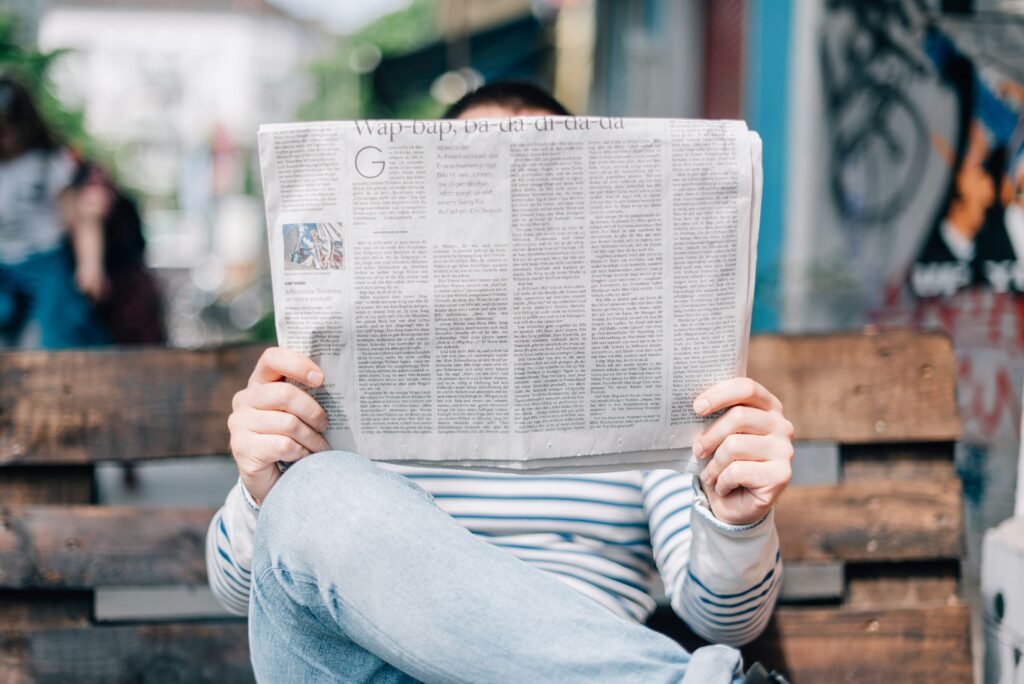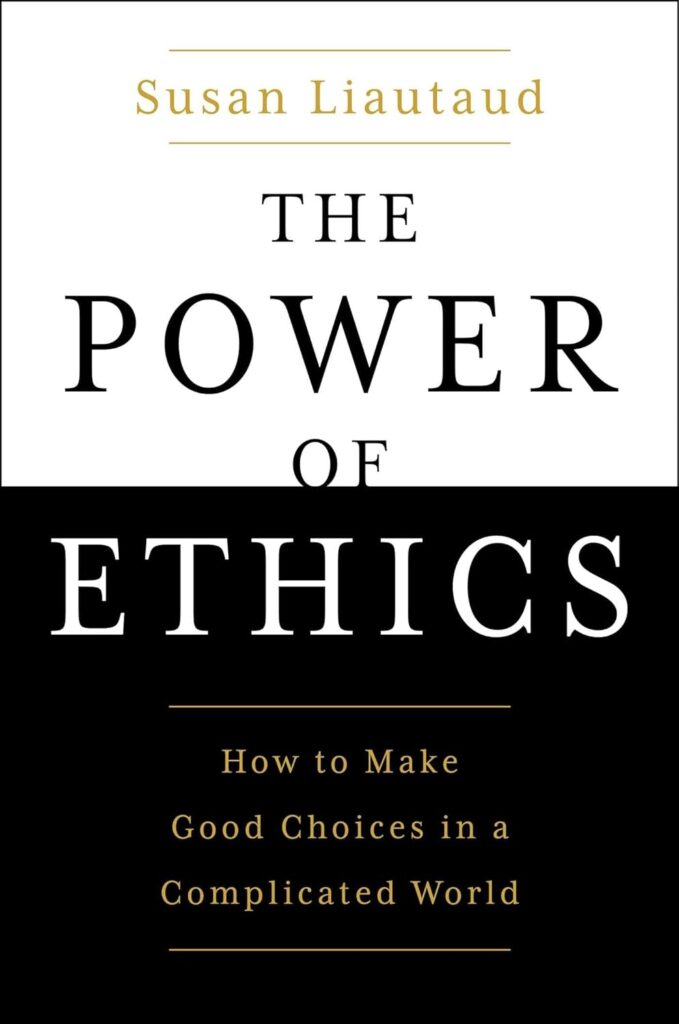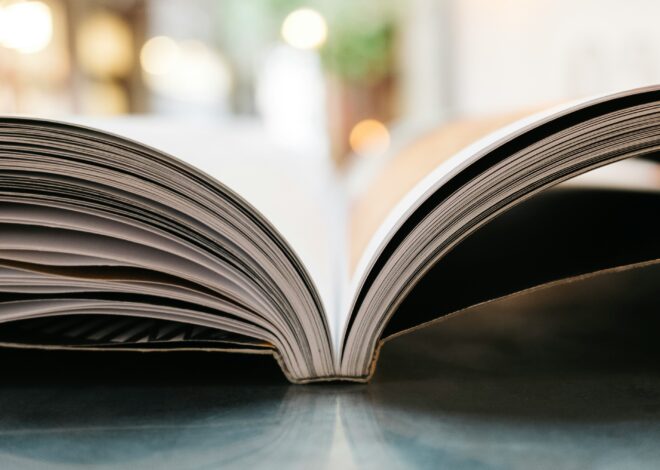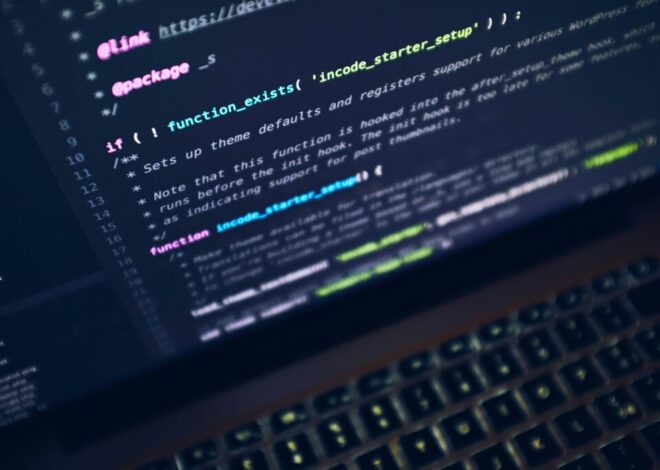
Dealing With Distorted Actuality In Trendy Society
[ad_1]
Who even says totally different information? I believed. Just about immediately, the reply popped into my head: authoritarian regimes. Lying, controlling entry to information, spinning falsehoods that increased go effectively with their narrative—these are all strategies that dictators use to unfold disinformation, weaponize reality, and solidify their vitality. Normalization of “totally different information” weakens the rule of regulation and threatens democratic institutions. It was clear to me that we’ve been at an era-defining second: When reality turns into an selection, the whole ethics edifice collapses.
An hour later, I wrote to Stanford’s public protection program director to recommend a model new course. When the spring quarter began decrease than three months later, I might educate Ethics of Actuality in a Submit-Actuality World for the first time. Even then, I couldn’t have imagined the diploma to which totally different information would seep into our discourse and our choices. In late March 2017, as I walked all through the center of the Stanford campus on the first day of my new class, school college students have been giving out scorching pink rubber bracelets stamped with “Actuality Points” in white letters. On the time, it was beautiful to me how obvious this assertion would have appeared just a few months earlier. Nevertheless by then, the phrase “totally different information” had already gone viral, adopted into the American vernacular. It was a chilling signal that, as residents, we have to be able to tolerate untruths even on the very best ranges of presidency. I grabbed a handful of the bracelets to share with my class.
By the years that I’ve been instructing Ethics of Actuality in a Submit Actuality World, my school college students have continued to shock and impress me as they type out themes just like subjective versus aim reality, reality and identification, authenticity, and reality and historic previous. The class culminates with a closing paper topic: “Does reality matter? And, if that is the case, why and the way in which?” To this point, only one particular person has tried to argue that reality would not matter. What the students conclude is: There is not a such issue as alternatively factual ethics. This chapter makes the case for reality as a result of the necessary foundation for ethical decision-making. Actuality undergirds the framework and the allocation of responsibility for ethics, along with the constructive deployment of the alternative 5 forces. Conversely, on the sting, we face unprecedented threats to reality and a dangerous normalization of the idea that reality is non-obligatory. Inside the tales ahead, we can also probe core questions just like: Who will get to resolve our reality? And what’s our ethical obligation to society with respect to reality? The epidemic of “totally different information,” or what I identify “compromised reality,” is no doubt one of the insidious and dangerous worldwide systemic risks of our time. Compromised reality is the one greatest menace to humanity: It topples our potential to make ethical choices. It undercuts perception and our distinction between correct and improper. It items every certainly one of many drivers of contagion of unethical conduct into motion, weakening our potential to mix the alternative 5 forces driving ethics into our decision-making. And it undergirds every societal risk we face, from native climate change to worldwide pandemics to the demise of democracy.
Many very important philosophical and historic works have explored and outlined “reality.” Nevertheless my focus proper right here is the hyperlink between reality and ethical decision-making. I take reality to indicate verifiable, aim actuality—“the exact information or particulars about one factor fairly than what people assume, rely on, or make up,” as a result of the Macmillan English Dictionary deftly defines reality. To be clear, a fact-based technique to reality would not preclude how a distinction of opinion, emotion, and personal bias can lead to utterly totally different experiences of actuality. As one amongst my school college students recognized, if the thermometer reads 60 ranges Fahrenheit, then it is 60 ranges Fahrenheit for everyone, even when some people actually really feel warmth and others chilly at that temperature. No explicit individual experience can change the scientific undeniable fact that the temperature is 60 ranges. Everyone is entitled to their very personal opinion nonetheless to not their very personal information, to paraphrase Senator Daniel Patrick Moynihan. For a whole lot of years, reality has been our assumed frequent reference stage, arbiter of relationships, and foundation for social perception. Actuality is the scaffolding for regulation, protection, administration, and cooperation in our day-to-day lives. We ask witnesses in a U.S. courtroom of regulation to take an oath to testify to “the fact, the whole reality, and nothing nonetheless the very fact.” We rely on, and legally require, one another to answer truthfully in job capabilities, driver’s licenses, voter registration, immigration sorts, and college admissions capabilities. Firm and nonprofit group codes of ethics hinge on reality. Dad and mother instill of their kids the central principle to “inform the fact.” The 12 months 2016 marked a historic and dangerous shift away from our frequent acceptance of the importance of reality. It’s not that we didn’t have variations of “fake info” and various kinds of rampant dishonesty sooner than.
Nevertheless by 2017, we had a confluence of antagonistic politics, contagious social media, and an absence of ethical willpower making throughout the prime seats of firm and governmental vitality, leading to widespread normalization and acceptance of compromised reality. Oxford Dictionaries chosen “post-truth” as its worldwide phrase of the 12 months in 2016. Utilization of the time interval throughout the info and social media had elevated 2,000 % as compared with 2015. The Oxford English Dictionary defines “post-truth” as “referring to or denoting circumstances whereby aim information are a lot much less influential in shaping political debate or public opinion than appeals to emotion and personal notion.” In observe, “post-truth” has moreover included cherry-picking the information that are useful. The Oxford editors said: “The concept of post-truth has been in existence for the earlier decade, nonetheless Oxford Dictionaries has seen a spike in frequency this 12 months throughout the context of the EU referendum within the UK and the presidential election in america.” Actuality is a prerequisite to understanding and defending our shared humanity. Actuality is the nonnegotiable part of ethical decision-making that undergirds our connections. Nevertheless compromised reality is the good disconnector. It truly disintegrates human connection, severing non-public and societal hyperlinks to the earlier whereas corroding our potential to plan for the future. It destroys perception in institutions and leaders—and in each other. In 2016, as we began a historic and dangerous shift away from a typical respect for the way in which reality points, we moreover significantly accelerated divisiveness.

[ad_2]
Provide hyperlink


